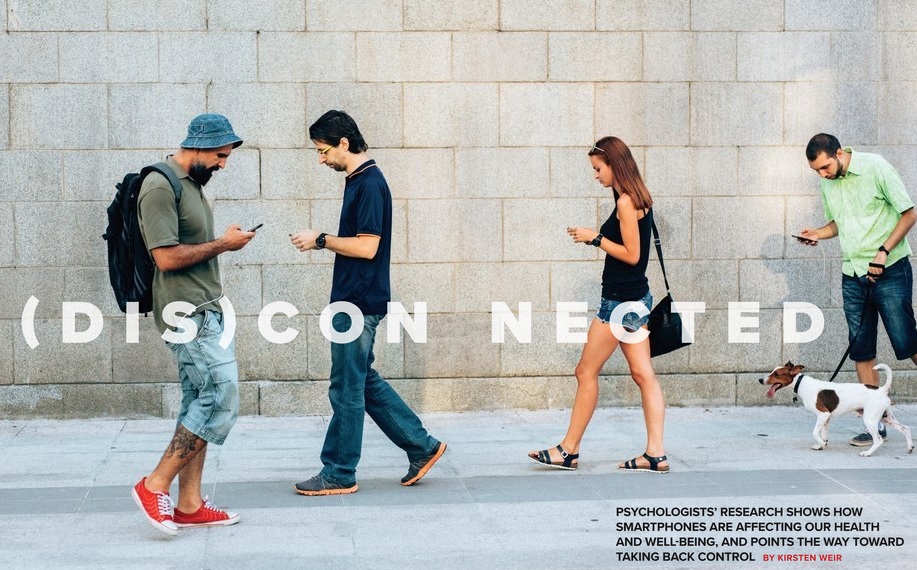The March 2017 edition of the Monitor on Psychology included an article on how "...how smartphones are affecting our health and well-being..." I thought this piece dovetailed nicely with my recent post on Doing Less, Well and wanted to share it with you here in hopes of generating future discussion around this topic. I hope you find it useful and interesting to read.
The key points of the article that jumped out to me (as illustrated ecard):
Smart devices can wreak havoc on sleep routines and rhythms.
My recommendation: Initialize parental controls or Do Not Disturb at a specific time.
FOMO is real.
My recommendation: Keep your account, but delete the Facebook app from your phone. Try it. I did and I've been mobile-Facebook-free for two months. It has really changed my perspective.
How we use social media (actively vs. passively) impacts how it affects us personally.
My recommendation: Limit your scrolling and commit to initiating conversations with others.
and one BONUS RECOMMENDATION:
Call someone instead of texting them. I'll bet you enjoy it and wish you had done it more often.
A habit I started over the last few weeks (and miss when I don't do it) is calling my mother on the way home from work. It reminds me of when I was in high school, and we could give each other a hard time every morning on the car ride to school and still say "I love you" at the end of the conversation.
I always feel more connected after hearing her voice.






